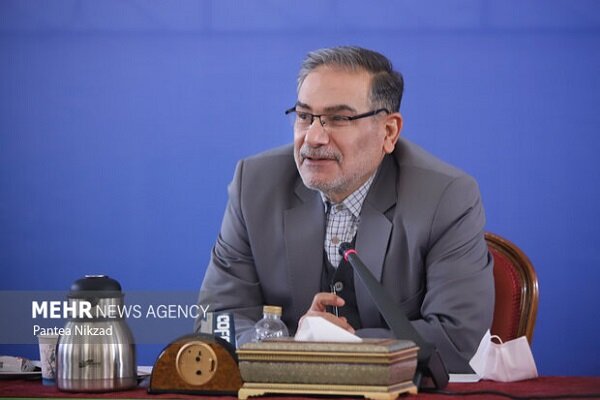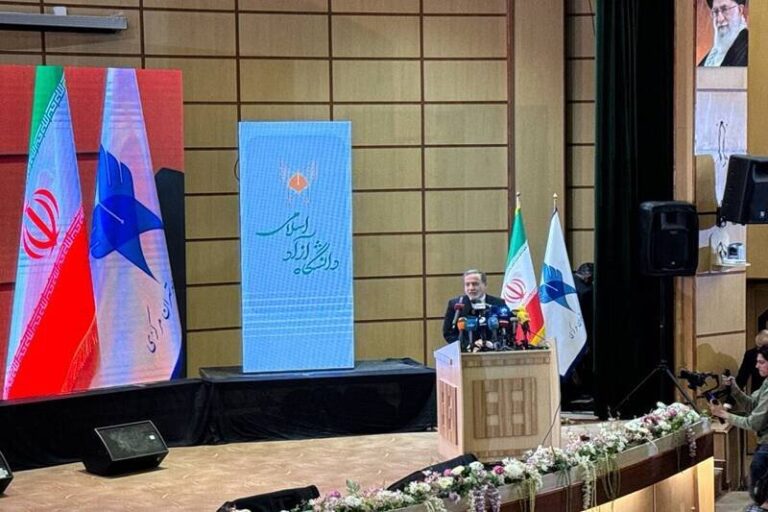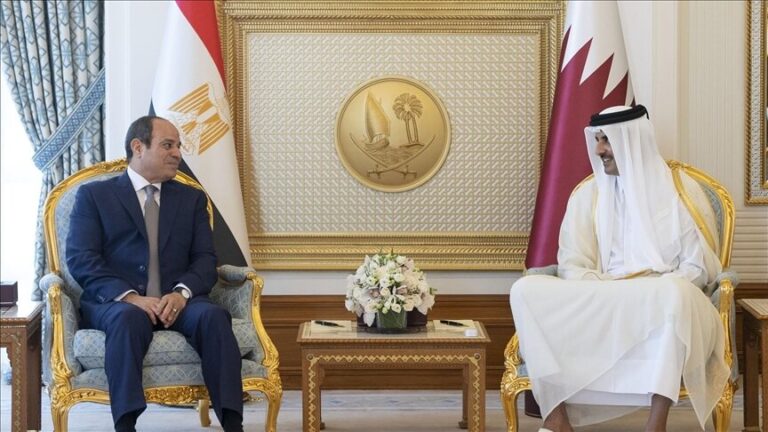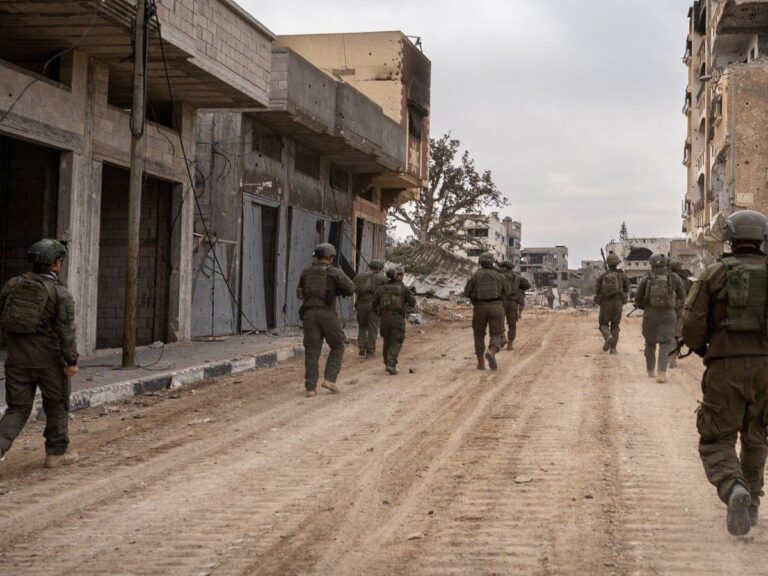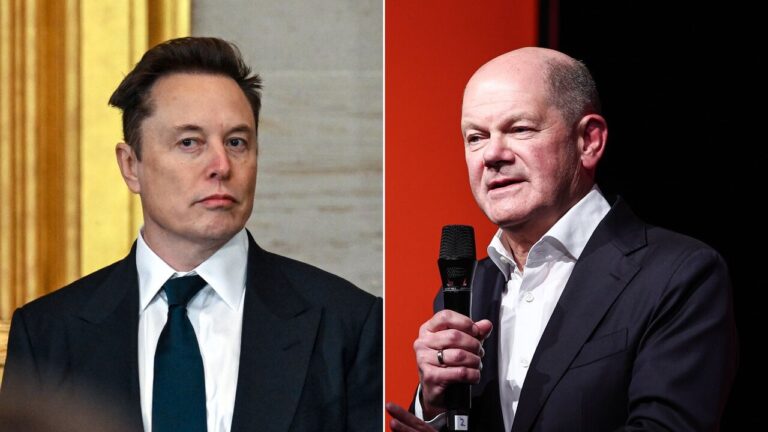Trump Unveils New Strategy: ‘Part of Maximum Pressure’ Offer Takes Center Stage!
In a recent statement, Ali Shamkhani addressed the complex dynamics of US-Iran negotiations, highlighting the contradictions in the US approach toward dialogue and sanctions. He emphasized the importance of timing and strength in negotiations, particularly in the context of the 2015 nuclear agreement, known as the Joint Comprehensive Plan of Action (JCPOA).
Shamkhani pointed out that while the US proposes dialogue, it simultaneously intensifies sanctions against Iran. He stated, “Negotiation should be carried out at the proper time from a position of strength and with the aim of securing national interests, not as a solution to internal problems.” This underscores the need for both parties to engage meaningfully in discussions.
According to the senior Iranian official, for negotiations to be successful, both the US and Iran must show a genuine commitment and the capability to reach a lasting agreement. He lamented, however, that “experience proves that the US has not remained committed to its obligations.”
Shamkhani reaffirmed Iran’s commitment to returning to the table to revive the JCPOA, despite the challenges posed by the US’s unilateral withdrawal. He stated, “Iran has not abandoned negotiations; rather, it is the United States and Europe that failed to live up to their commitments and must remove the sanctions imposed on the country.”
Moreover, he criticized the US policies and described the proposals for negotiation as “unreliable.” He added that any potential talks would depend on a logical and respectful approach from the European signatories to the JCPOA.
“In case of any negotiation, Iran will only focus on the removal of sanctions and not a merely superficial and nonpractical agreement,” he asserted. This indicates Iran’s firm stance on ensuring that any agreement is substantial and addresses the core issues at hand.
Shamkhani further explained that any possible agreement or negotiations would not necessarily resolve Iran’s economic challenges. He noted that the past experiences with the JCPOA and the lack of commitment from the US and Europe demonstrate that relying solely on negotiations could be futile.
He emphasized the need for structural reforms and proper economic governance as the primary prerequisites for improving Iran’s situation. Shamkhani dismissed the “incorrect” belief that negotiations alone would resolve economic issues.
- Many countries, despite extensive economic agreements, continue to face crises due to weak domestic infrastructure.
- Improving domestic foundations and reducing dependence on external variables is crucial for addressing Iran’s problems.
Shamkhani highlighted that with these improvements, Iran could approach any potential negotiations from a position of strength rather than necessity. This perspective is vital as it frames Iran’s negotiating strategy in a more empowered context.
In summary, Shamkhani’s remarks reflect a broader understanding of the challenges faced in US-Iran negotiations. The call for a balanced approach, coupled with internal reforms, positions Iran to navigate its economic and diplomatic landscape more effectively. The focus on removing sanctions as a prerequisite for any meaningful dialogue underscores Iran’s strategy in the ongoing discussions surrounding the JCPOA.
As the geopolitical landscape continues to evolve, the interplay between negotiations and economic stability remains a critical area for both Iran and the United States. The insights from Shamkhani serve as a reminder of the complexities that define international relations and the need for commitment from all parties involved.
For more updates on this topic and related news, stay tuned.
Source: MNA
